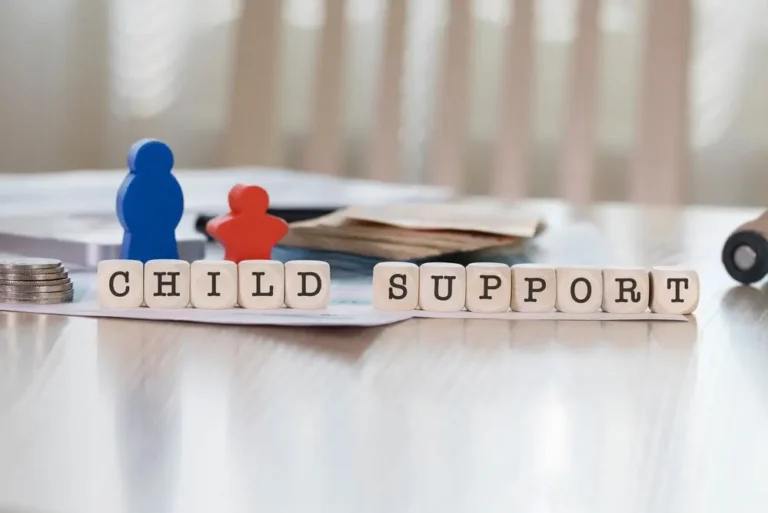Enforcement of Child Support~ 3 min read
Enforcing a child support order can sometimes be a challenging and frustrating process. However, it is crucial to remember that this step is essential for the well-being and stability of your family. By taking action to enforce the order, you are ensuring that your child receives the financial support they need. The enforcement process involves various legal mechanisms to enforce the order and hold the non-compliant party accountable. These mechanisms may include wage garnishment, property liens, or suspension of driver’s licenses. Additionally, the court may impose penalties such as fines or even imprisonment in extreme cases. By enforcing child support orders, the legal system aims to protect the rights and best interests of the child and provide financial stability for their upbringing.
Enforcing Child Support Orders:
Enforcing child support orders can be a complex and challenging process. One of the most common challenges is locating the noncustodial parent, especially if they have moved or are intentionally avoiding their financial responsibilities. This can make it difficult to serve legal documents and initiate the enforcement process. Additionally, some noncustodial parents may have unstable employment or irregular income, making it challenging for a wage withholding or consistent payment schedule. In these cases, it may be necessary to explore alternative enforcement methods to ensure regular and timely payments.
- Traditional Financial Enforcement Tactics: If you know where the party works or we are able to locate their employer, you can employ strategies such as wage with-holdings, garnishments, or attaching other property to enforce child support payments.
- Missouri Division of Child Support Enforcement: You can file a request to open an enforcement case with the Missouri Division of Child Support Enforcement for additional enforcement tools and options. The Division of Child Support Enforcement has access to locating employers through the Social Security Administration and can file wage with-holdings on your behalf. They can also have the noncustodial parent’s driver or professional licenses suspended. If the child support arrearage has become large or has continued over a long period of time, the division may refer the case to the Prosecuting Attorney in your Jurisdiction who can file criminal charges. It is often a good idea to enlist the help of the Division in addition to the other options.
- Contempt Motions for Non-Payment: In cases of non-payment, you can file a contempt motion. A motion for contempt involves filing a motion with the Court, the Court issuing a “Show Cause” order, that directs the non-complying party to appear before the court to show cause why the court should not find them in civil contempt for failing to follow the Court order. You will need to present evidence of the judgment, non-payment, and the other party’s financial capacity. The Court can order incarceration upon a finding that the party had the ability to comply with the order and was acting willfully and in conscious disregard for the Court’s order. The Court can continue to monitor the payment of the child support while the individual is incarcerated or has been let out on bond.
Enforcement actions can often signify challenging co-parenting dynamics. While some situations find resolutions, financial disputes can exacerbate tensions. Ideally, you should consider Mediation or the Collaborative process, even in enforcement scenarios, to foster a smoother process for the well-being of the child involved.
Contact Family Ally
If you have questions or need legal assistance regarding child support, child custody or any other family law matter, please contact Jennifer Piper at 314-449-9800 to schedule a consultation. Family Ally is located at 130 S. Bemiston Ave., Suite 608, St. Louis, MO 63105.
Jennifer R. Piper is a family law attorney, mediator, and parenting coordinator with more than 20 years of experience serving families in the St. Louis area. She is certified as a Guardian ad Litem and frequently appointed by courts to represent children in high-conflict cases. Jennifer is a former Chair of the Family and Juvenile Law Section of the Bar Association of Metropolitan St. Louis and an active leader in local and state bar organizations.
Her professional recognition includes being named to The Best Lawyers in America® (2017–2025), Missouri Super Lawyers (2021–2024), and receiving a Women’s Justice Award from Missouri Lawyers Weekly. Jennifer also holds an AV Preeminent rating from Martindale-Hubbell. She regularly speaks on family law topics and has helped shape family court procedures through her service on multiple committees.








